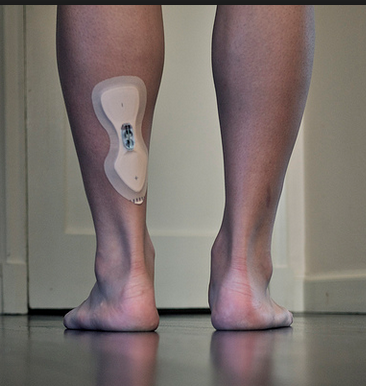Can dexamethasone be prescribed for Iontophoresis
There are going to be instances when dexamethasone is prescribed to help with the inflammation of something that is not on the surface of the skin. While the prescription is most commonly used for psoriasis, dermatitis, and even fungal infections, it can also be used to clear up the inflammation of something within the body.
It has been proven that dexamethasone, which is a corticosteroid, can be effective when reducing the inflammation of musculoskeletal disorders.
There is often systematic administration of the dexamethasone, however, there is another form that your doctor may explore when he or she wants to give you the corticosteroid.
How To use dexamethasone for Iontophoresis
Iontophoresis is a process where ions are diffused in an electric field. A weak electric current is actually passed through the skin and is used in a variety of areas of medicine. Dexamethasone for iontophoresis is becoming more popular as it helps with the delivery of the medication so that it is capable of reaching the musculoskeletal system faster.
The process is able to get the medication deeper into the tissues. It is still a relatively new process and research is still being done to test the efficacy. Some of the results have been mixed, though the safety benefits are quite impressive.
There have been more than a dozen clinical trials about dexamethasone for iontophoresis and this includes for such medical conditions as Achilles tendon pan, carpal tunnel syndrome, muscle soreness, osteoarthritis, and more.
When the dexamethasone is able to be infused into the tissue, then it is able to begin reducing the inflammation. This can make it easier for you to feel relief and faster than some of the other medical treatments that are available.
Approximately 1 in 3 people complain of musculoskeletal pain and therefore it is very common. It can result in pain as well as a limit on physical function and overall emotional well-being. Corticosteroids have been a common way to treat the pain for years and injection has been the preferred method of delivering the medication to the body.
That being said, the dexamethasone is a form of corticosteroids and when it is used alongside of iontophoresis, it is capable of working faster to reduce the inflammation. It can also counteract the toxicity and eliminate the invasive procedure of the injection. Research is still being done and your doctor may or may not know about the procedure.
If you have an inflammation within the body that is causing you pain, it’s worth asking about whether this medical procedure is going to be right for you. It may be one of the best ways to improve physical function and get rid of the musculoskeletal pain that has been plaguing you for a while.
“Can I use dexamethasone for my horse?“


